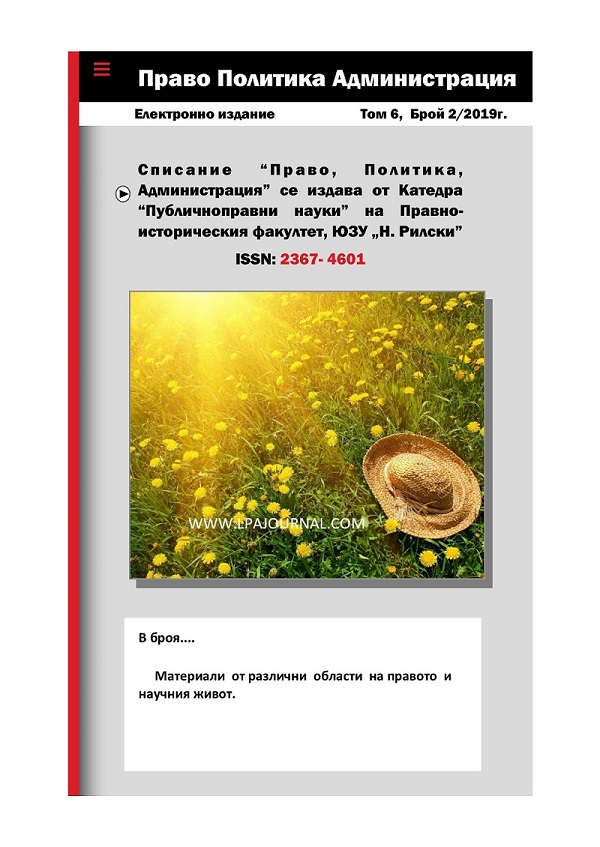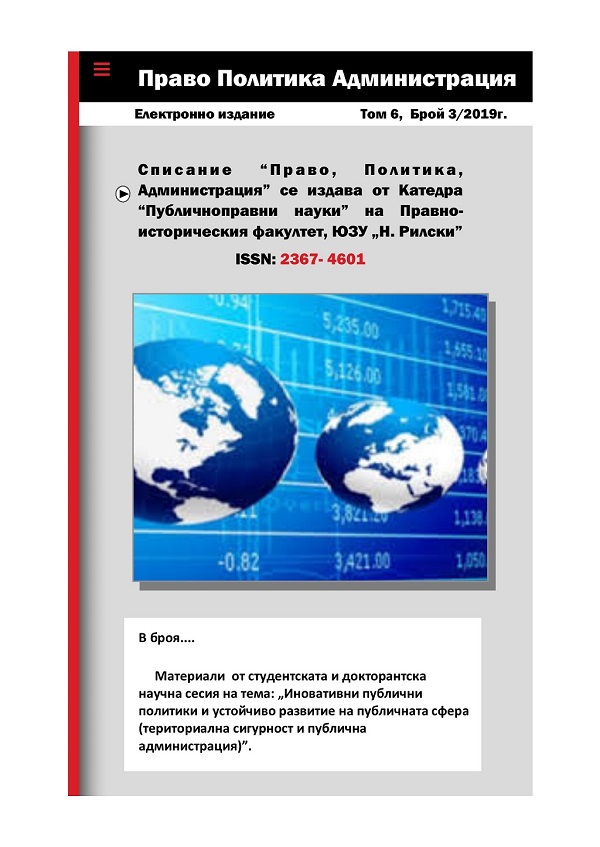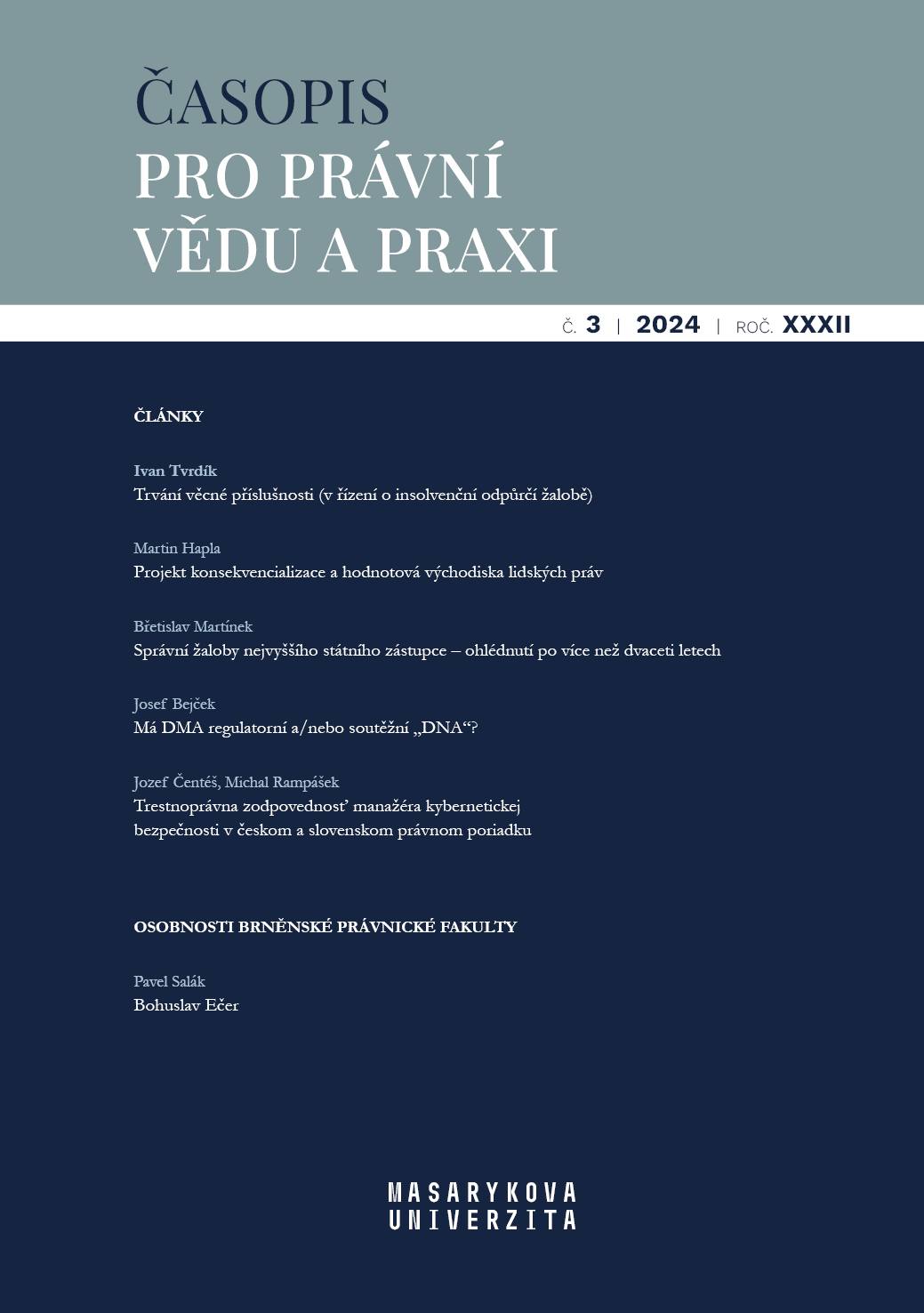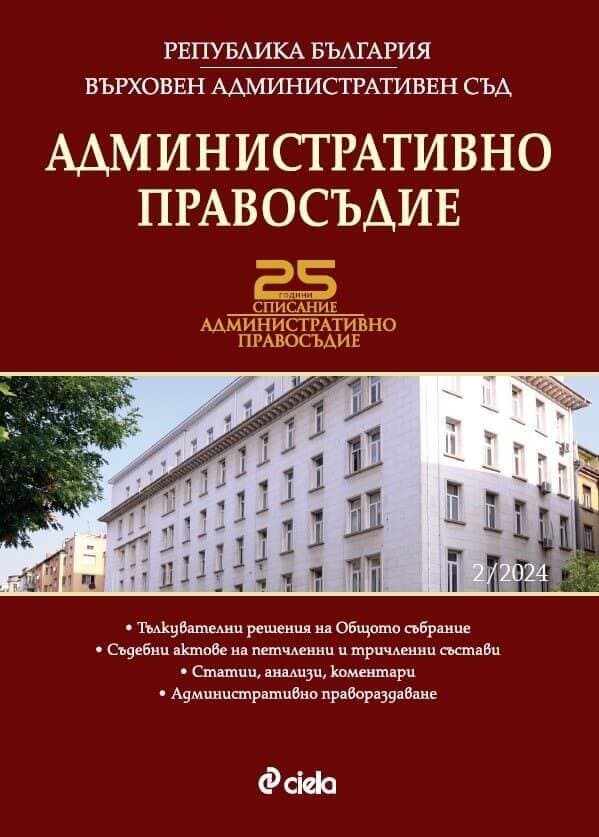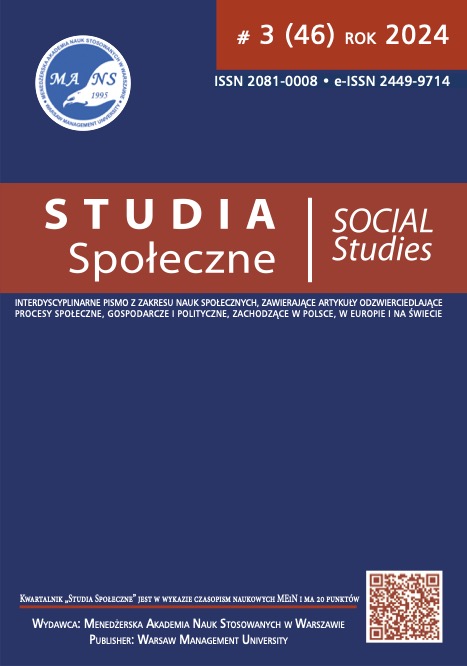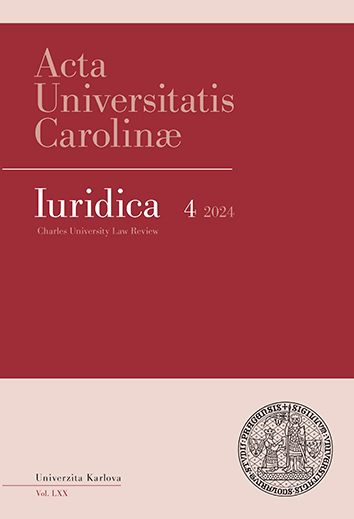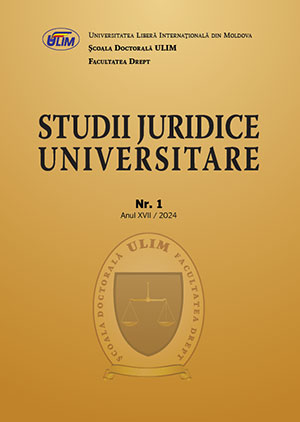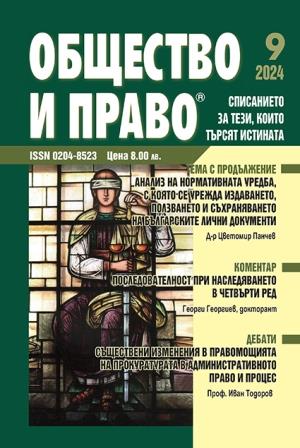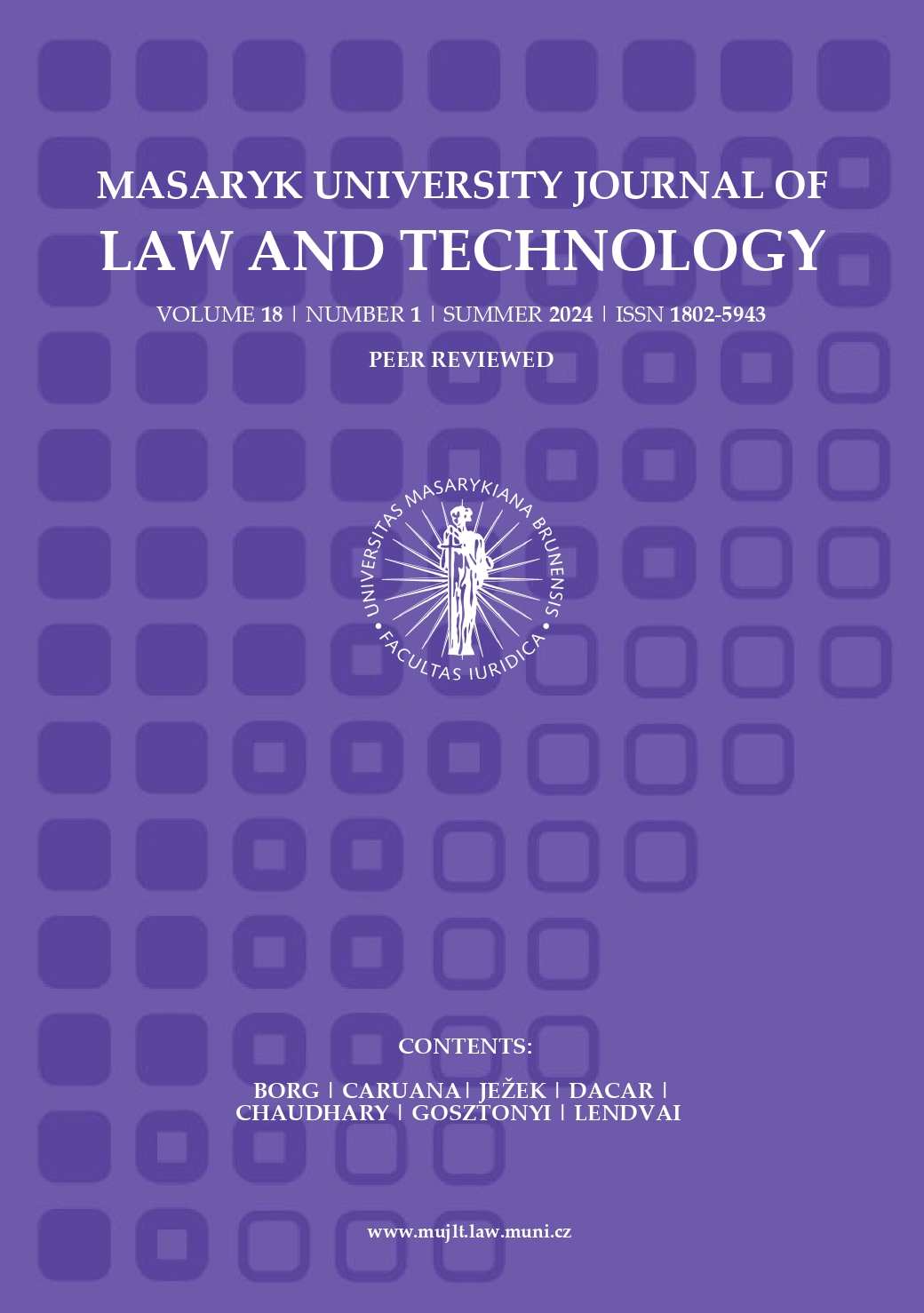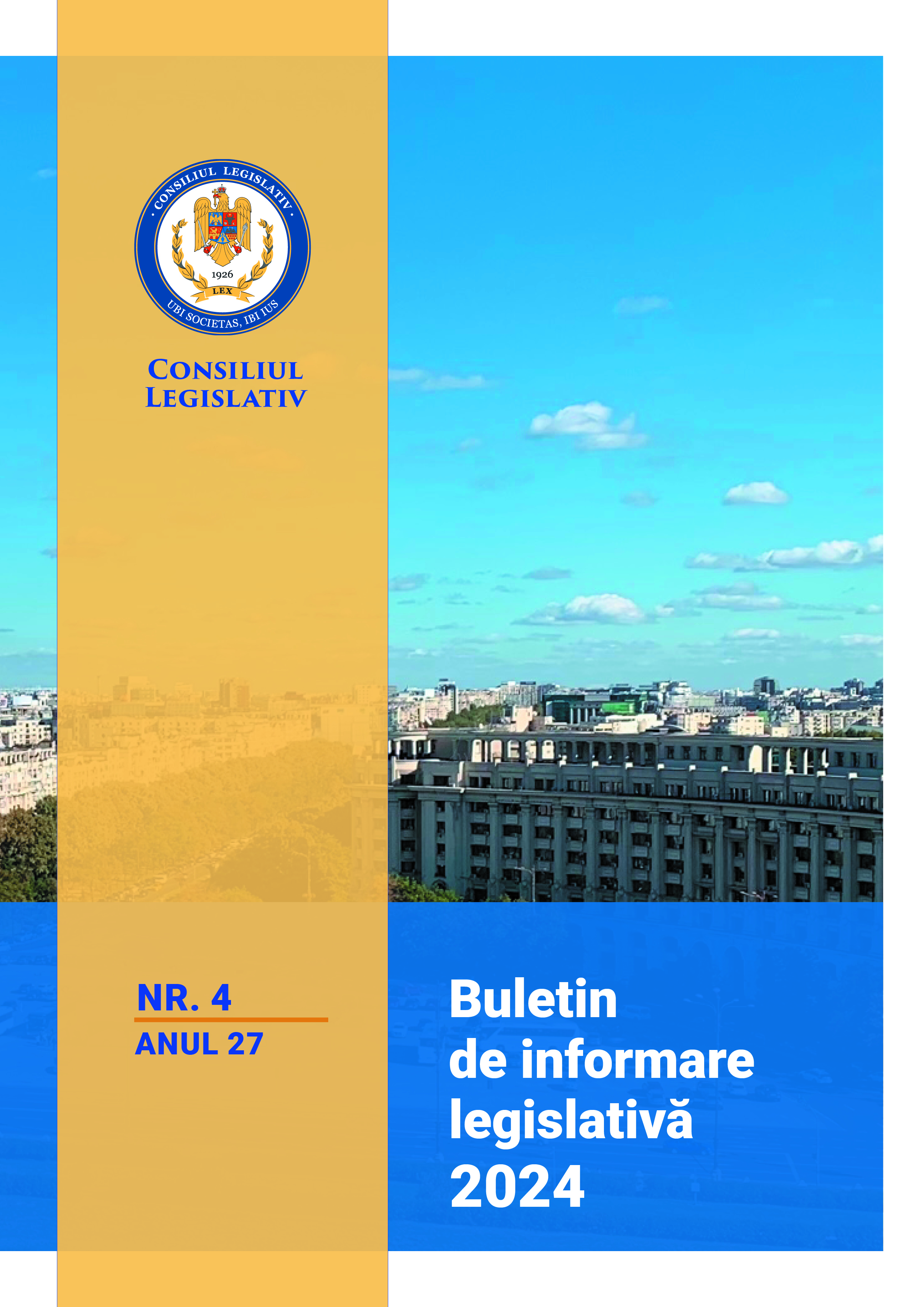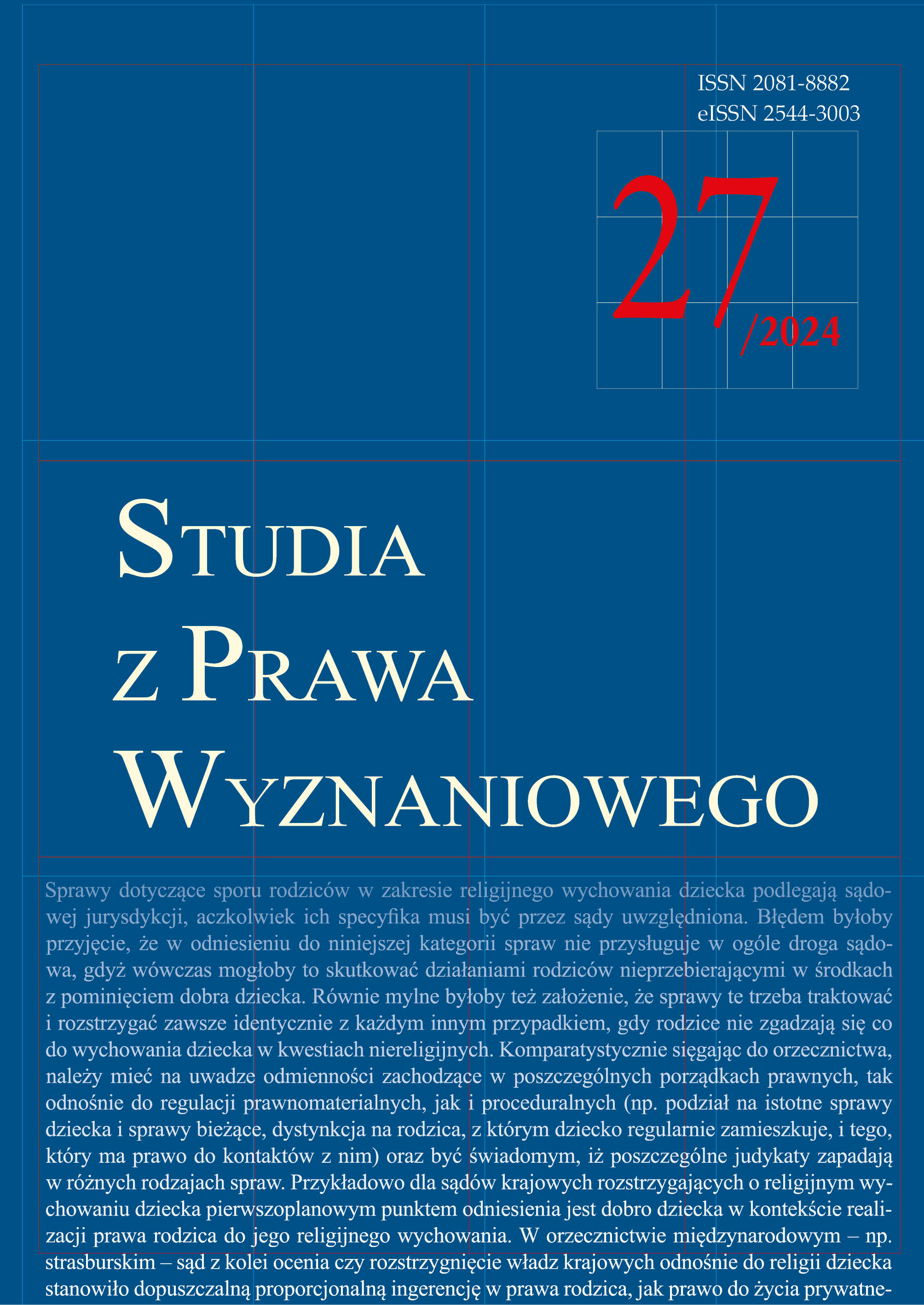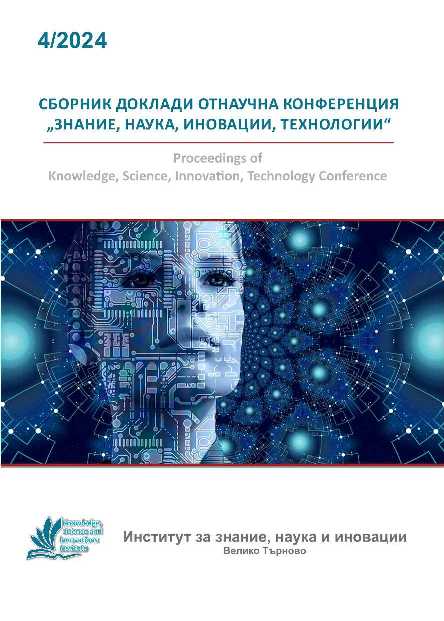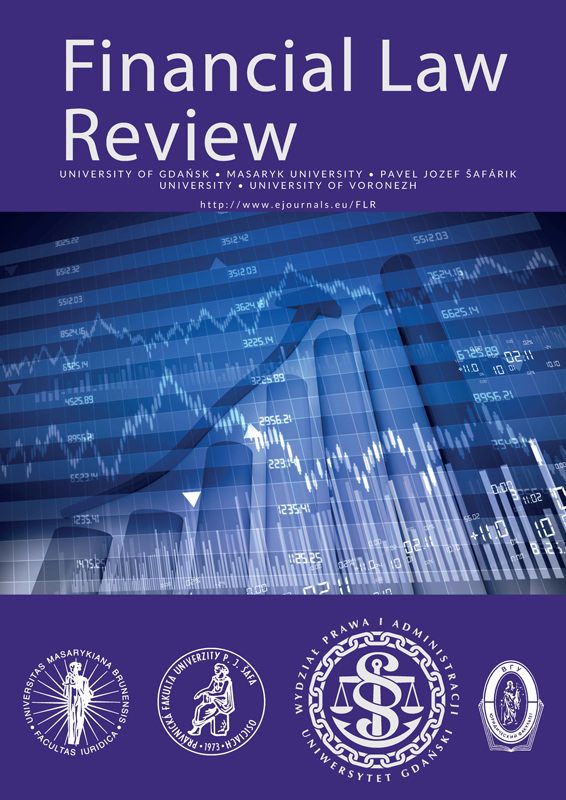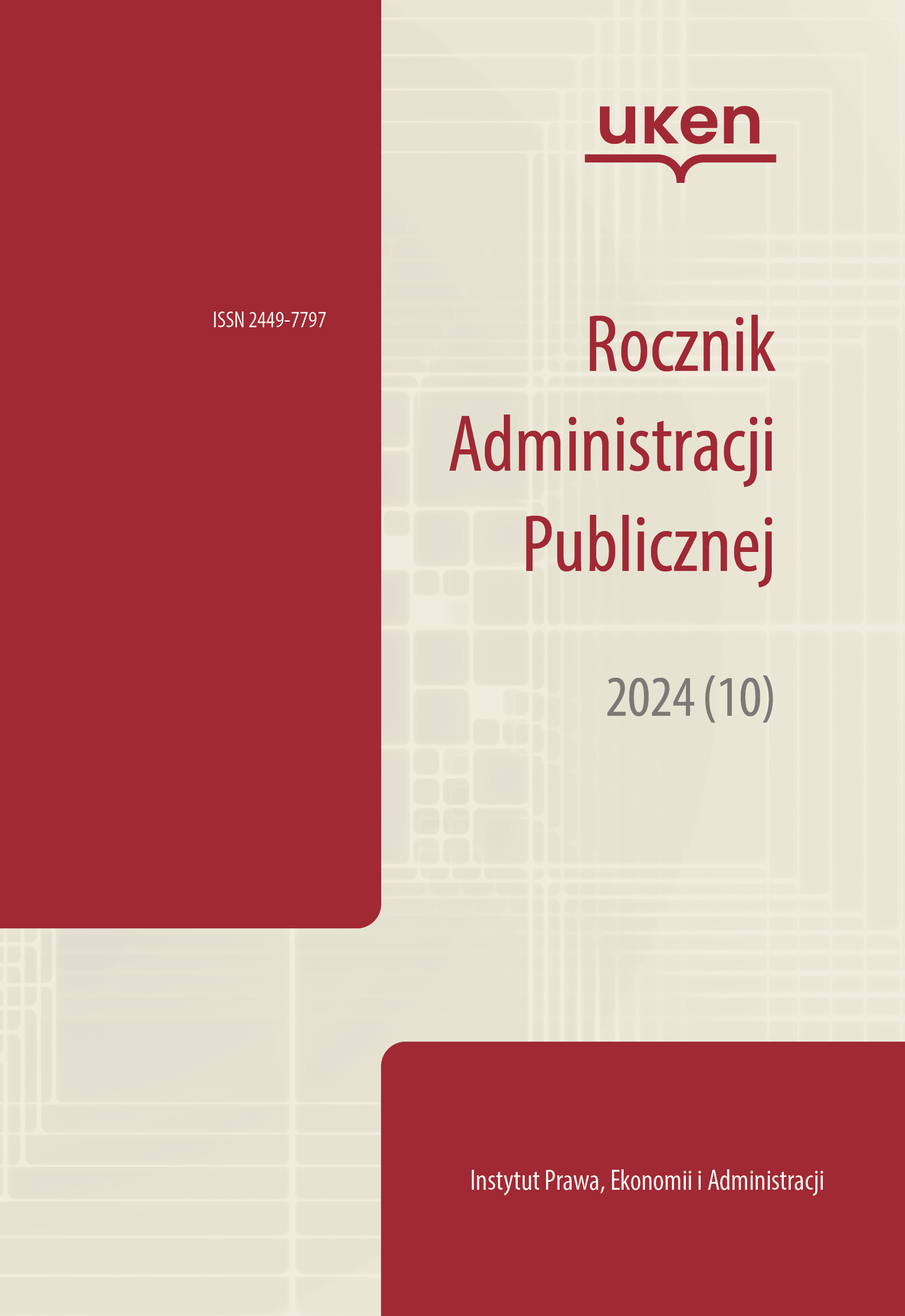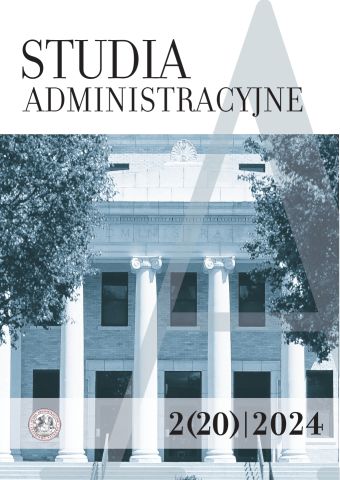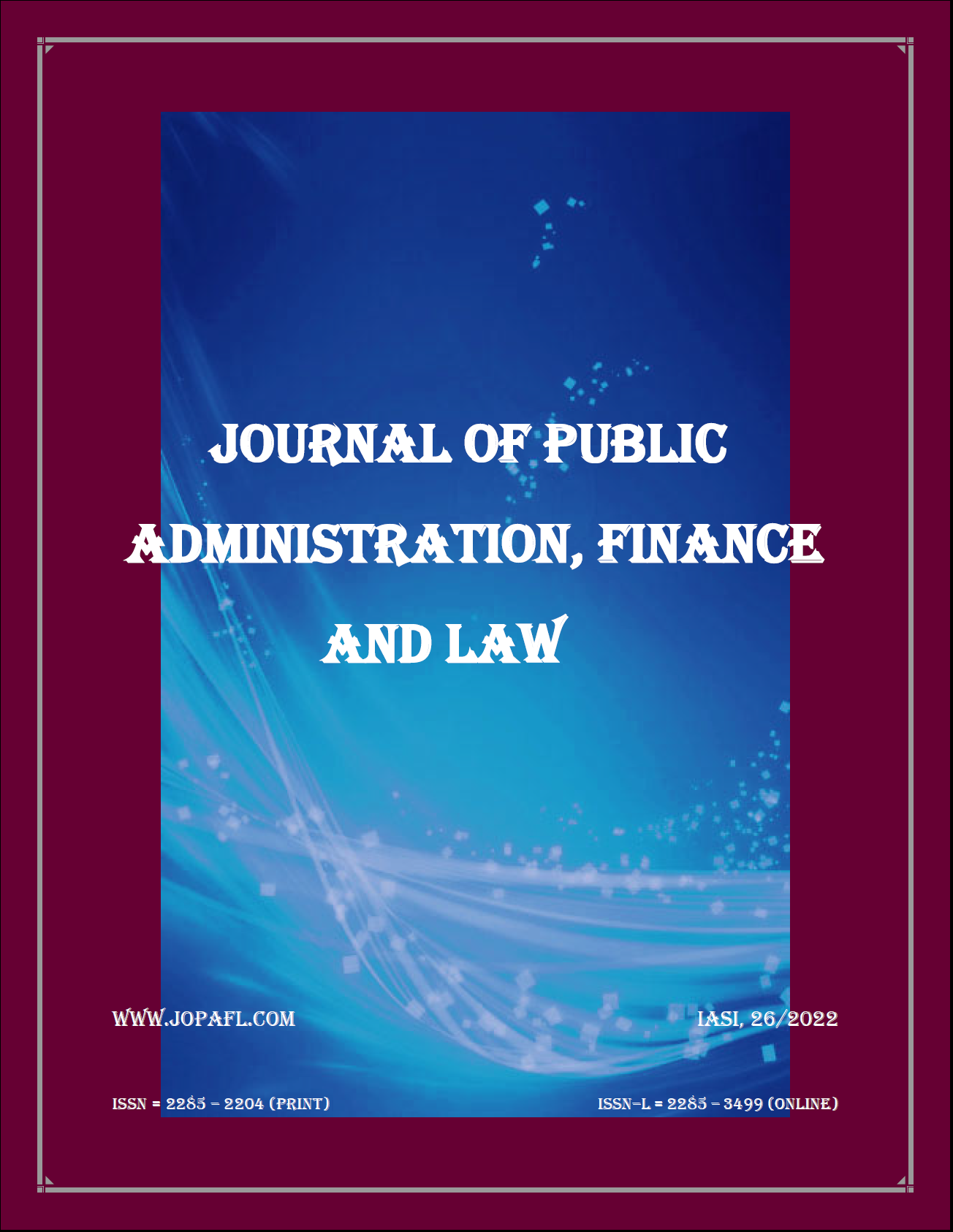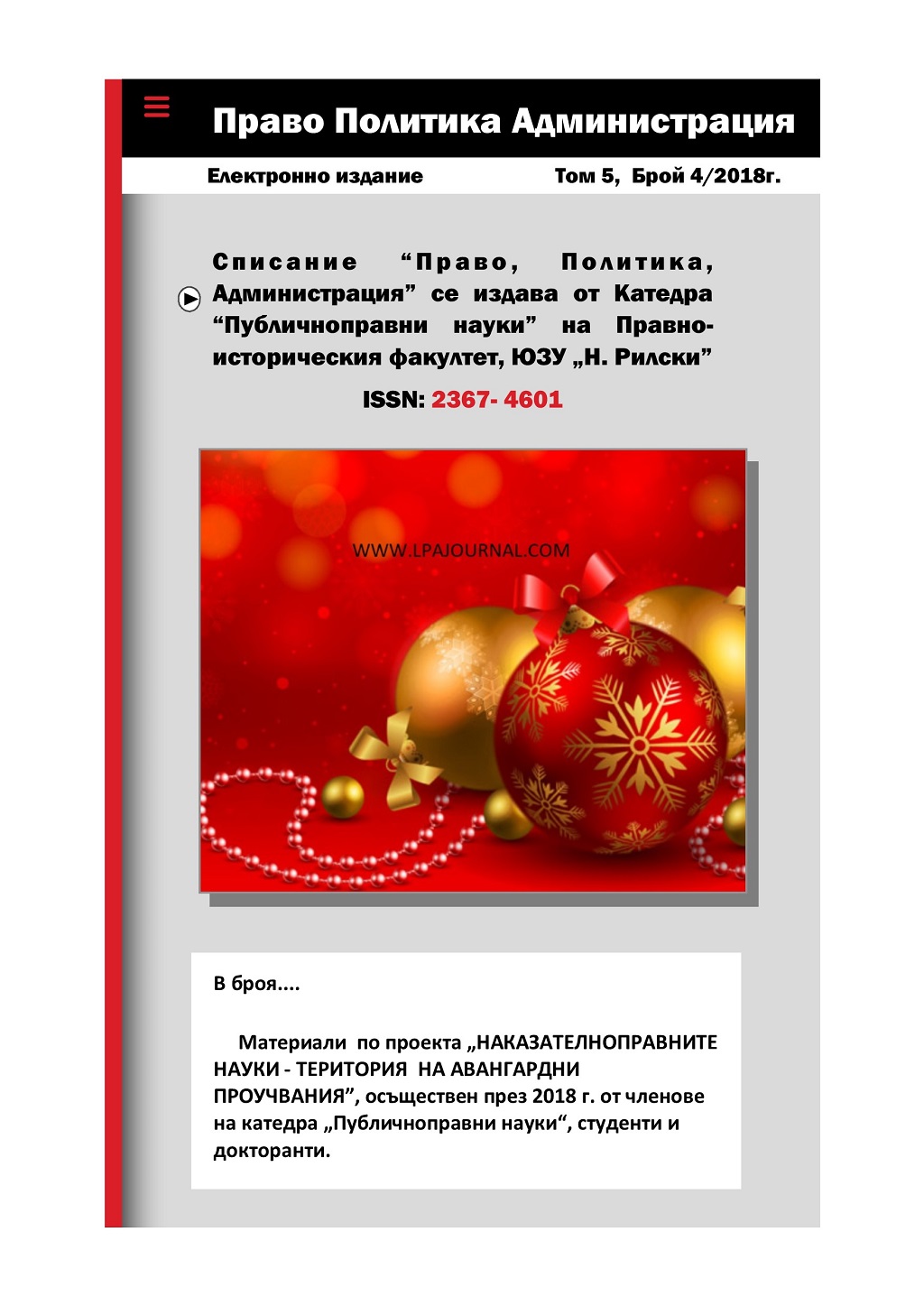
СЪВРЕМЕННИ ИЗМЕРЕНИЯ НА МЕЖДУНАРОДНО ПРАВНОТО СЪТРУДНИЧЕСТВО ПРИ РАЗСЛЕДВАНЕТО НА ТРАНСГРАНИЧНИ ПРЕСТЪПЛЕНИЯ
This article aims to explore the latest draft legislation of EU in the area of criminal investigation of cross-border crimes. The legal mechanisms in this field need to be in line with the progress in modern electronic technologies. Cyberspace is a favorable environment for the preparation and execution of numerous crimes of a cross-border nature due to the supranational coverage of Internet. Therefore, electronic networks and communication technologies could be a valuable source of information concerning the identity of the perpetrator of any type of offense, about his/her relationship with other persons, organizations and institutions and also to contain data on the preparation and/or the consequences of the criminal act. Such information relevant to the subject-matter of criminal proceedings may be revealed through the means of gathering of electronic evidence. In this regard, in April 2018, the European Commission proposed for discussion two new legal instruments regulating the use of a European Production Order and a European Preservation Order for electronic evidence in criminal matters within the EU.
More...
